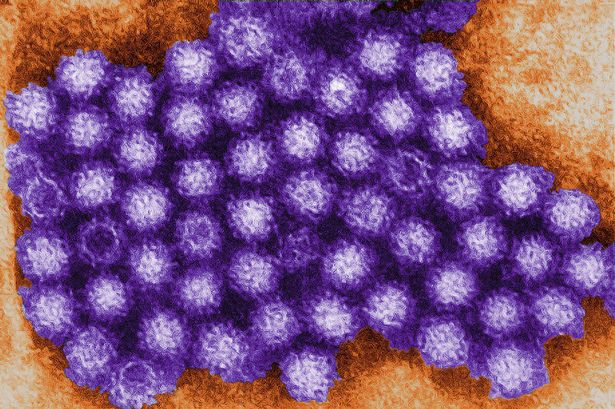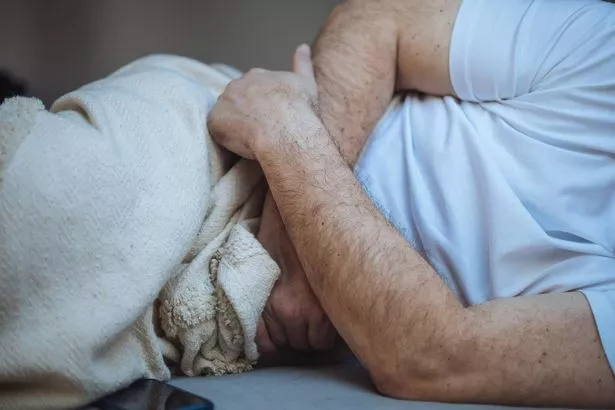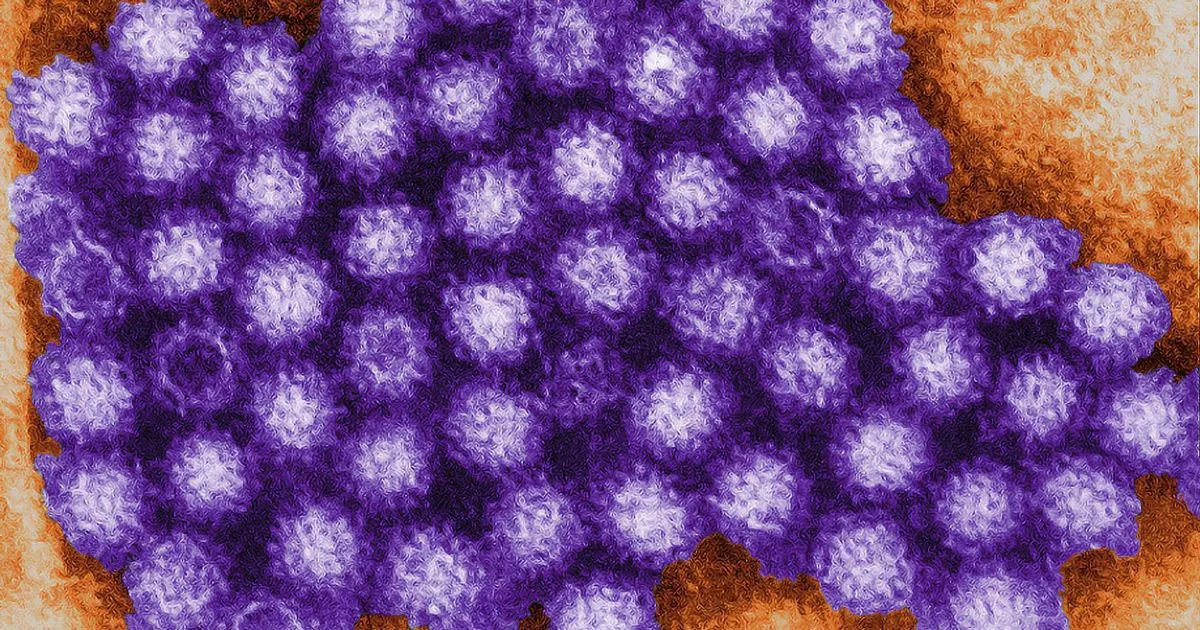The UK Health Security Agency (UKHSA) said that cases were higher than expected and that people could also fall ill a second time
15:11, 13 May 2025Updated 15:11, 13 May 2025
 There have been higher than expected levels of norovirus(Image: PA)
There have been higher than expected levels of norovirus(Image: PA)
UK health officials have issued guidance to Brits in an effort to ‘stop the spread’ of norovirus, also known as the ‘winter vomiting bug’. The UK Health Security Agency (UKHSA) has reported that levels of norovirus are ‘higher than expected’ for this time of year.
This follows an incident last week when Belford Hospital in Fort William, Scotland, had to close its wards due to a surge in cases of the virus. NHS Highland urged anyone displaying symptoms, or living with someone who was, not to visit any healthcare facilities.
Norovirus, which can affect people throughout the year, is highly contagious and can be spread from person to person through the air, on surfaces such as door handles, or in food. The UKHSA posted on X, formerly Twitter: “We’re outside the usual #Norovirus season, but cases are still higher than expected for this time of year. ” Stay informed on the latest health news by signing up to our newsletter here
“Caught the ‘winter vomiting bug’ this spring? Find out what to do and how to stop the spread in our blog post.”
In a blog post, the UKHSA emphasised that ‘good hand hygiene’ was crucial in preventing the spread of norovirus, reports the Manchester Evening News.
 Norovirus can cause uncomfortable symptoms(Image: Getty Images)
Norovirus can cause uncomfortable symptoms(Image: Getty Images)
The health agency advised: “To avoid catching norovirus or passing it on to others, wash your hands frequently and thoroughly with soap and warm water.
“This is most important following an episode of illness, after using the toilet, before eating or preparing food, as well as cleaning up vomit or diarrhoea.”
The UK Health Security Agency (UKHSA) has issued a warning that alcohol-based hand sanitisers are ineffective against norovirus.
Recent data from the UKHSA indicates that norovirus levels have ‘remained high’ in recent weeks. This follows a record-breaking surge in hospital admissions due to norovirus in February, with rates more than double those recorded the previous year, according to NHS figures.
The data reveals that the total number of norovirus cases between weeks 14 and 17 of 2025 was over double (156.9 per cent) the five-season average for the same four-week period, a metric used to monitor seasonal trends in the virus.
The number of norovirus outbreaks was also 43.3% higher than the five-season average, as reported by the UKHSA.
This news arrives just weeks after the UKHSA cautioned about a potential second wave of norovirus due to a shift in the circulating strains of the virus. In February, it warned that immunity to one strain of the virus did not guarantee protection against others, urging Brits to be mindful that they could fall ill a second time.
Data showed a spike in cases of the GII. 17 norovirus strain, while another common strain, known as GII.4, was also on the rise.
Symptoms of norovirus include sudden onset of nausea, projectile vomiting and diarrhoea but can also encompass a high temperature, abdominal pain and aching limbs, according to the UKHSA.
The UKHSA has reminded Brits who contract norovirus of the following:
- Norovirus cannot be treated with antibiotics
- Vomiting and diarrhoea causes your body to lose water and salts, which can lead to dehydration, so it is important to drink plenty of fluids to prevent this
- Stay at home. Do not return to work or send children to school until 48 hours after the symptoms have stopped and do not visit your GP or hospital while symptomatic
- Avoid cooking and helping to prepare meals for others until 48 hours after symptoms have stopped
- Wash any contaminated clothing or bedding using detergent and at 60C
- To disinfect contaminated surfaces, use bleach-based cleaning products where possible as norovirus can survive on surfaces for days or weeks otherwise
